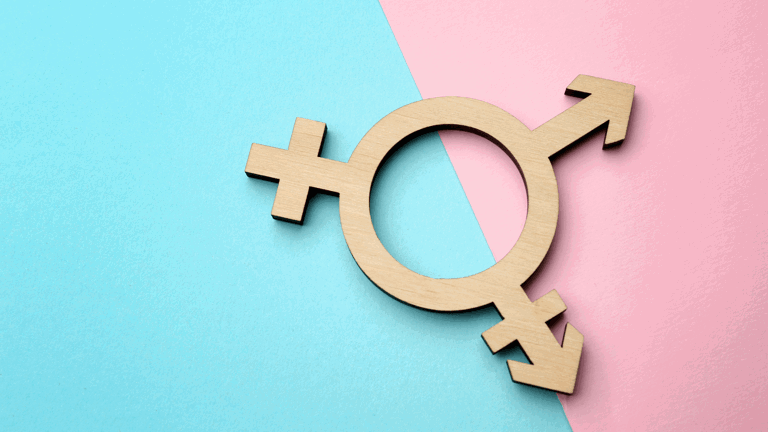The Supreme Court has unanimously ruled that the legal definition of a woman under the Equality Act 2010 is based on biological sex.
Case facts
Scottish campaign group, For Women Scotland, have successfully appealed in challenging the guidance of the Scottish Government that a transgender woman with a gender recognition certificate was legally a woman for the purposes of the Act.
The Gender Recognition Act 2004 established that transgender people with a gender recognition certificate are to be considered their affirmed gender identity for all purposes, including updating birth certificates and marriage/civil partnership certificates. This rule can be disapplied where the words of the legislation are inconsistent with the rule having consideration to their purpose.
The issue for the Supreme Court was one of statutory interpretation of ‘man’, ‘woman’ and ‘sex’ under the Act. The judges unanimously found that the definition of man, woman and sex mean biological man, biological woman and biological sex. This means that a person’s sex will not be changed for the purposes of equality law where they have obtained a gender recognition certificate.
Legal implications
This ruling does not mean that transgender people are wholly excluded from the protection of the Act. Transgender people are still awarded protection from discrimination under the Act through the protected characteristic of gender reassignment.
Transgender people can also still bring a claim for sex discrimination where they are treated less favourably because they are perceived to be the gender they have acquired.
Certain rights relating to sex, such as equal pay, will now only be based on biological sex. For example, a transgender woman may not be able to bring a claim of unequal pay on the grounds that she is paid less than a biological man.
Practical issues for employers
Whilst this case has brought legal clarity to employers who have been dealing with differing views regarding the interpretation of the scope of protection under the legislation up until this point; the decision inevitably poses questions and practical issues for employers and it is clear from the statements made from interested groups that the wider debate is by no means over, with calls already being made from certain groups for a review of the existing legislation.
Employers should review their existing policies and may need to revise them to ensure they are compliant. HR departments may need to look at reviewing their training materials, for example diversity training, to ensure the definitions are in accordance with the outcome.
Careful consideration should be taken when making amendments to existing policies to ensure dignity and respect is maintained whilst providing appropriate assurances in relation to its commitment to all protected groups and avoiding division and tension in the workplace.
Key Contact

Claire Brook
Employment Law Partner
Claire advises a wide range of employers on all aspects of employment law, from recruitment and employment, through to complex dismissals and representation at employment tribunals.
Need to Talk to Someone?
Use the form to send us some details about your matter and one of our experts will get in touch, or you can call us using the number below.




